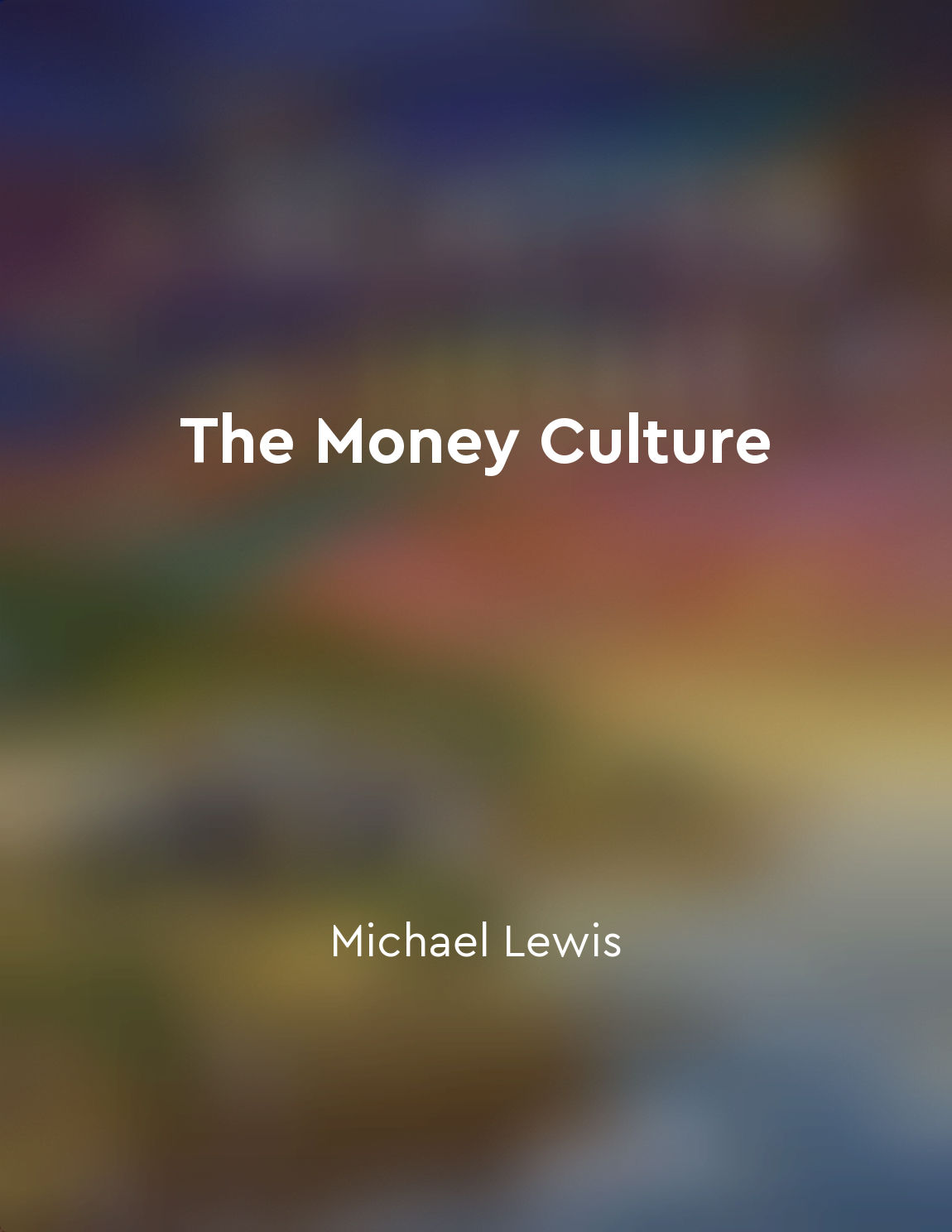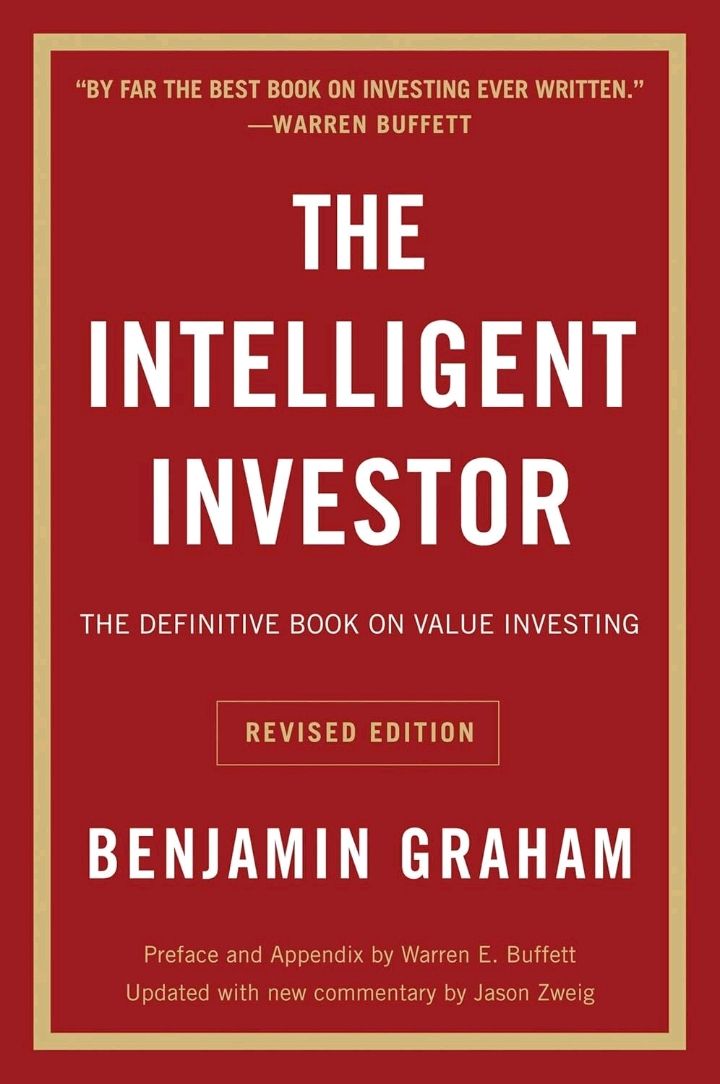Avoid emotional decisionmaking from "summary" of The Wealthy Barber by David Barr Chilton
When it comes to making decisions about money, emotions can often cloud our judgment. We may be swayed by fear, greed, or impulsivity, leading us to make choices that are not in our best financial interests. This is why it is crucial to avoid letting emotions drive our decision-making when it comes to money. One common emotional pitfall is the tendency to make decisions based on fear. When we are afraid of losing money or missing out on an opportunity, we may be tempted to act impulsively without considering the long-term consequences. This can lead to poor investment choices or unnecessary risks that could jeopardize our financial security. On the flip side, greed can also be a powerful motivator when it comes to money decisions. We may be tempted to chase after high returns or quick profits, even if it means taking on more risk than we can afford. This can lead to reckless investments or speculative ventures that are more likely to result in losses than gains. Another emotion that can impact our financial decision-making is impatience. We may be unwilling to wait for long-term investments to mature or grow, leading us to make hasty decisions that could undermine our financial goals. It is important to remember that building wealth takes time and patience, and that impulsive actions are unlikely to lead to sustainable financial success. By avoiding emotional decision-making when it comes to money, we can make more rational and informed choices that are aligned with our long-term financial goals. This means taking the time to research, plan, and consult with trusted advisors before making any major financial decisions. By staying calm, rational, and disciplined, we can avoid the pitfalls of emotional decision-making and set ourselves up for financial success in the long run.Similar Posts

Take calculated risks
Taking calculated risks is a concept that many people struggle with. It involves stepping out of your comfort zone and making d...
Consider the economic moat of a company
An economic moat is the factor that gives a company a competitive advantage over others in its industry. It is like a protectiv...

Financialization distorts economy
Financialization is the process by which financial markets, financial institutions, and financial elites gain greater influence...
Follow a consistent and systematic investment plan
A key principle for successful investing is to stick to a consistent and systematic plan. This means avoiding the temptation to...
Implementing a margin of safety in investing
When it comes to investing, one of the most important principles to follow is implementing a margin of safety. This concept is ...
Focus on the factors you can control in your investments
One of the key principles in successful investing is to concentrate on the elements that are within your control. There are so ...
Ignore shortterm market fluctuations
Market fluctuations are an ever-present reality in the world of investing. Prices of securities can swing wildly in the short t...
Dividends can provide steady income
The concept of receiving dividends from investments is an important one for investors seeking steady income. Dividends are paym...

Stay humble and continue to learn as an investor
The concept of humility and continuous learning is crucial for investors, as emphasized in the timeless wisdom of 'The Intellig...
Educate yourself about investing
To become a successful investor, you must take the time to educate yourself on the various aspects of investing. This means und...

